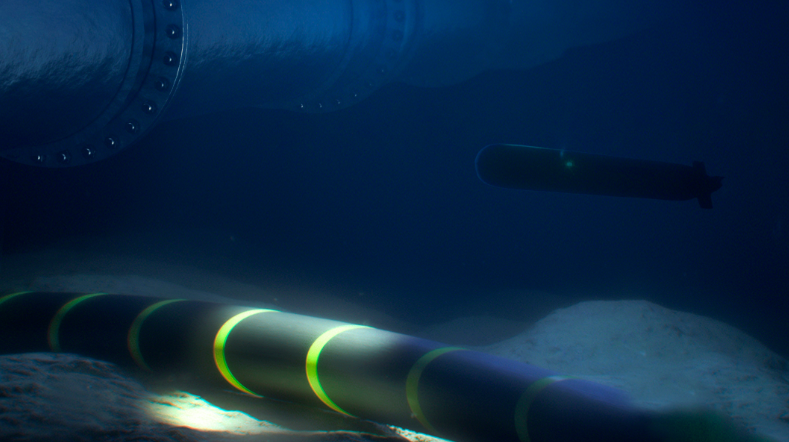Signature management
The security of military platforms benefits from the latest possible detection. Noise control of ships and vehicles is of great importance in increasing the comfort of passengers and crew, reducing the nuisance to the surroundings, and reducing the vulnerability of the ship to weapons with acoustic sensors.
Platform signatures
It’s advantageous for the security of military platforms if they are detected as late as possible. But they emit signatures that betray their presence. In the case of ships, these are underwater signatures, in the form of pressure, or acoustic and electromagnetic signatures. Vehicles have a magnetic signature.
Modern mines such as influence mines respond to these signatures. Thanks to their sensors and mine logic, they determine the time of detonation themselves. In part, this mine threat can be removed by hunting or sweeping. Or by clearing them (on land).
But the increasing use of composites in mine design also makes mine detection more difficult. That's why we're studying how to reduce the signature of military platforms, so that tomorrow's platforms have a proper response to the increased mine threat. The study of the signatures of military platforms is also summarised under the term EM measurements: magnetic field measurement, signature measurement, and vulnerability measurement.
Reduced mine threat
Our research consists of 3 parts:
- Technological basis: this includes the fundamental knowledge of signatures. For example, generation, propagation, reduction, and the use made of these signatures by mines.
- Development of technologies: here we focus on the application of signature-related technology as an effective countermeasure.
- Operational support: this involves military practice.
Based on the countermeasures and the operational conditions, we draw up tactical guidelines. These should significantly improve the performance of military platforms and reduce the mine threat.
Ship acoustics and underwater acoustic signatures
Internal combustion engines, gearboxes, hydraulic pumps, and ship propellers, among other things, make a lot of noise in and around ships. This makes sound control important. For example, to increase the comfort of passengers and crew, to reduce nuisance to the environment above and below water, and to reduce the vulnerability of the ship to weapons with acoustic sensors.
We have more than 50 years of experience in ship acoustics. Both the Royal Dutch Navy and the commercial shipbuilding industry and its suppliers use the knowledge and skills that we have built up in research programmes supported by the government, shipowners, and shipyards. They have a wide range of analytical, numerical, and experimental tools. They use our knowledge and expertise, for example, to control the noise emitted by ships underwater. Weapons such as sea mines and torpedoes, among others, use acoustic sensors to detect, classify, and locate their targets through this sound.
Concerns about disturbing marine animals through underwater noise are also growing. This topic is, therefore, of increasing importance to the commercial shipping industry. We offer consultancy and research activities aimed at cost-effective control of acoustic signatures.
Get inspired
Unveiling the future of vapour detection technology
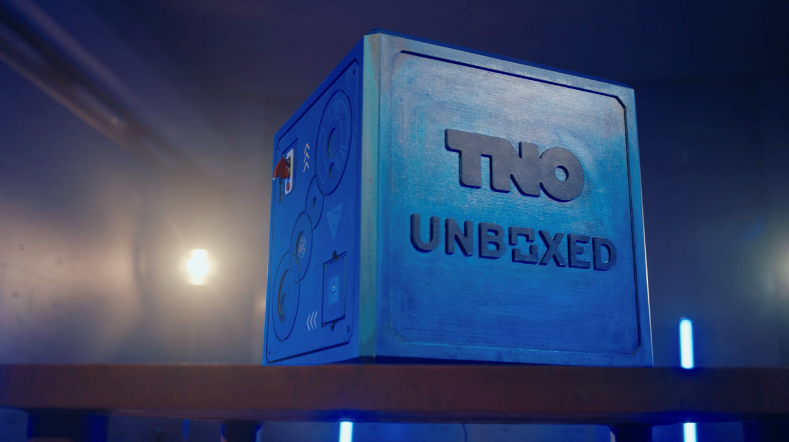

EMBRAPII and TNO signed a Memorandum of Understanding (MoU)
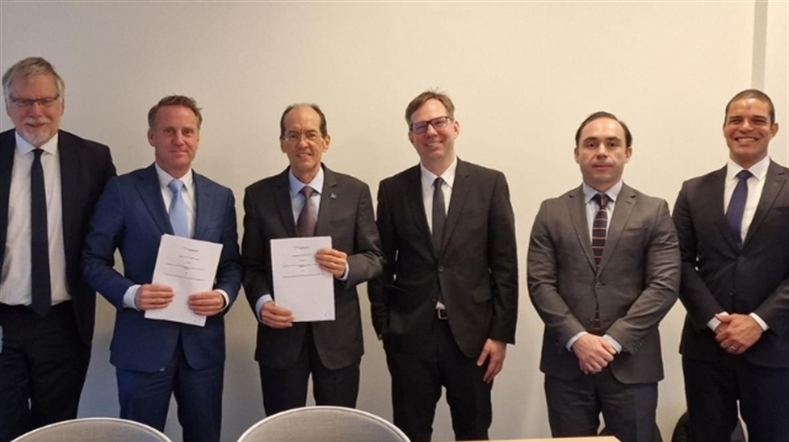

AIVD, CWI, and TNO publish renewed handbook for quantum-safe cryptography
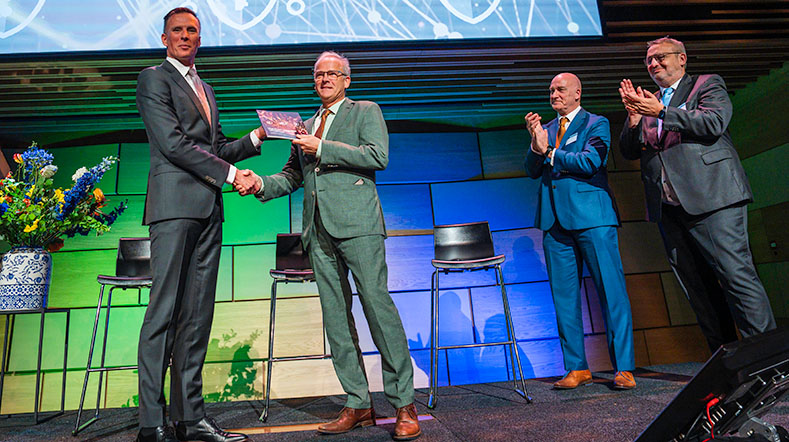

How do we limit damage to marine mammals from our underwater noise?
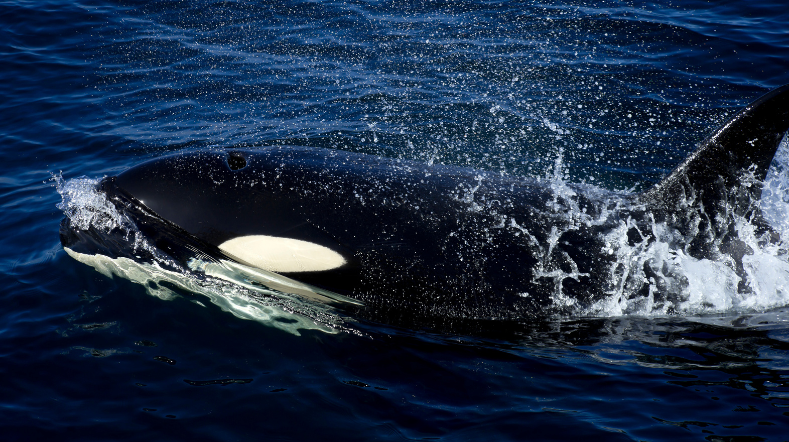

TNO develops detection system to protect cables and pipelines on seabed
